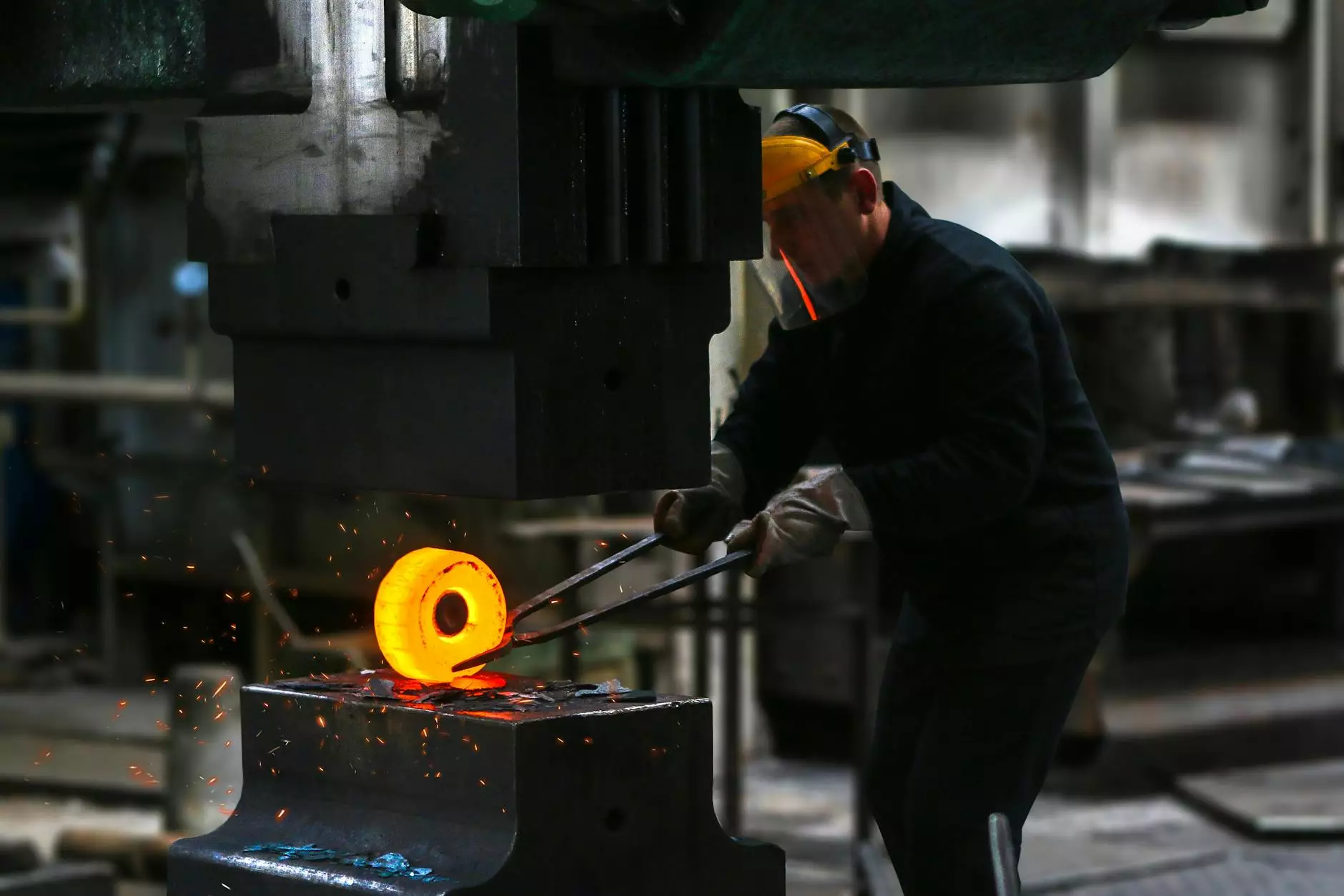Understanding Asphalt Plants: A Comprehensive Guide

In the bustling world of construction and infrastructure development, asphalt plants hold a pivotal role. These facilities are responsible for producing asphalt, a crucial material used for paving roads, highways, and other surfaces. In this article, we delve into the intricacies of asphalt plants, their various types, operational processes, and the significant benefits they offer. By the end of this exploration, you will have a comprehensive understanding of why asphalt plants are indispensable in modern construction.
What Are Asphalt Plants?
Asphalt plants are industrial facilities that manufacture asphalt by combining aggregates (like stones, gravel, and sand) with a bituminous binder. The process involves heating the aggregates, mixing them with the binder, and then storing the finished asphalt for use in various paving applications. The asphalt produced is essential for maintaining our roads and infrastructure, ensuring safety and durability.
Types of Asphalt Plants
There are several types of asphalt plants, each serving different needs and capacities. Understanding the distinctions between these can help you choose the right plant for a specific project:
1. Batch Mix Asphalt Plants
Batch mix plants are widely recognized for their ability to produce high-quality asphalt in batches. Each batch is mixed individually, allowing for precise control over the mix composition. Key characteristics include:
- Quality Control: Greater control over the materials and mix allows for customized asphalt formulations.
- Production Rate: Generally slower than continuous plants as they produce asphalt in batches.
- Versatility: Suitable for varied projects requiring different asphalt types.
2. Continuous Mix Asphalt Plants
In contrast, continuous mix plants operate on a constant flow basis, mixing materials on the go. They are ideal for large-scale projects needing uninterrupted supply of asphalt. Advantages include:
- Higher Production: Ability to produce asphalt continuously, maximizing output.
- Efficiency: Reduced waiting times between batches, improving overall productivity.
- Consistency: Ensures a uniform mix by continuously feeding materials into the process.
3. Drum Mix Asphalt Plants
Drum mix plants utilize a drum to heat and mix materials, streamlining the process. These plants are often favored for their speed and efficiency. Notable features include:
- Integrated Design: Heating and mixing take place in a single drum, promoting efficiency.
- Reduced Emissions: Modern drum mix plants are designed to minimize emissions through advanced technology.
- Cost-Effectiveness: Generally, they have lower operational costs due to their streamlined processes.
The Asphalt Production Process
The production of asphalt at asphalt plants involves several key steps, each critical to ensuring the quality and consistency of the final product:
1. Aggregate Collection and Heating
The first step in asphalt production is the collection and heating of aggregates. The aggregates are gathered from various sources and then heated in a drying drum to remove moisture, preparing them for mixing.
2. Mixing Process
Once the aggregates are adequately heated, they are transported to the mixing unit. Here, the bituminous binder, typically asphalt cement, is added. The mixing can occur in batches or continuously, depending on the type of plant. The high temperature ensures a perfect blend, yielding a homogenous mixture.
3. Storage and Transportation
The finished asphalt is stored in insulated silos to maintain temperature until it is ready for transport. Proper insulation is crucial, as cooler asphalt can become difficult to work with and can result in poor application quality.
The Importance of Asphalt Plants in Construction
Asphalt plants contribute significantly to the construction industry. Here are several reasons why they are vital:
1. Supporting Infrastructure Development
From roads to bridges and airports, the robustness of our infrastructure heavily relies on quality asphalt. Asphalt plants ensure a steady supply of high-grade material necessary for creating durable surfaces that can withstand heavy traffic and environmental factors.
2. Environmentally Friendly Options
Modern asphalt plants are increasingly adopting environmentally friendly practices. Many plants are equipped with systems that recycle old asphalt (RAP), significantly reducing waste and conserving resources. Additionally, advancements in production technologies have led to lower emissions and energy consumption.
3. Economic Contributions
The presence of asphalt plants also contributes to economic growth. They create jobs, from plant workers to transport drivers, and support local economies by sourcing materials and services from nearby businesses.
Challenges Facing Asphalt Plants
While asphalt plants are instrumental in construction, they also face challenges that can impact their operations:
1. Regulatory Compliance
Asphalt plants must navigate a complex landscape of environmental regulations aimed at controlling emissions and ensuring safe operations. Compliance can be costly and time-consuming but is essential for sustainable operations.
2. Market Fluctuations
The construction industry is susceptible to market fluctuations, which can affect the demand for asphalt. Economic downturns may lead to reduced construction activity, impacting asphalt plant profitability.
3. Technological Advancements
With rapid technological changes in the industry, asphalt plants must continually adapt. Investing in new technologies and equipment can be financially demanding but is necessary to remain competitive.
Conclusion: The Future of Asphalt Plants
As we look ahead, the future of asphalt plants appears promising. With advancements in 3D printing technologies and increasing emphasis on sustainability, these plants are likely to evolve. Integrating modern technologies will facilitate more efficient production methods and enhance the quality of asphalt.
In conclusion, the role of asphalt plants in construction is profound and multifaceted. They provide the essential materials needed for our infrastructure while adapting to challenges and embracing advancements. Understanding the dynamics of asphalt plants equips stakeholders in the construction industry to make informed decisions, ensuring a sustainable and effective approach to paving and road construction.
Explore More about Asphalt Plants
For more information about asphalt plants and their role in construction, visit polygonmach.com. Stay updated on the latest trends, technologies, and innovations in the asphalt production industry.









